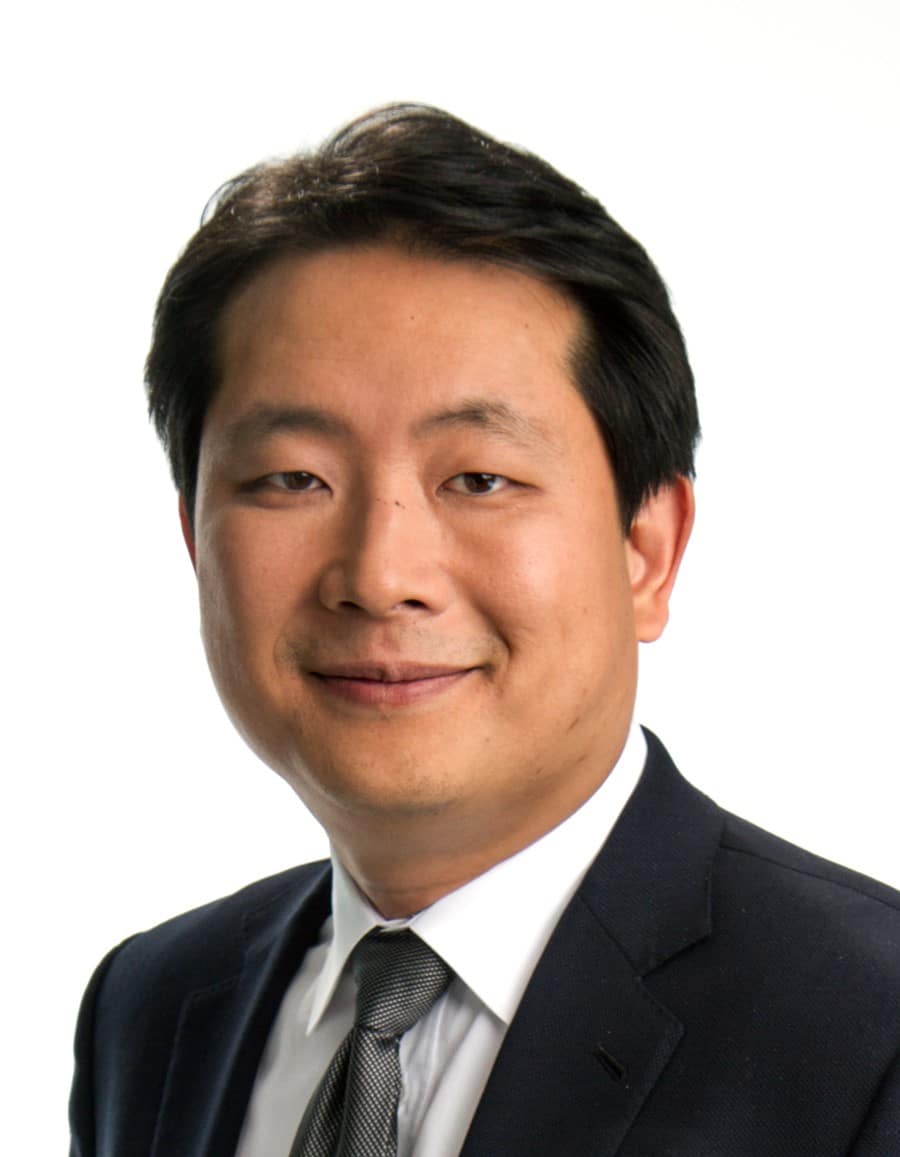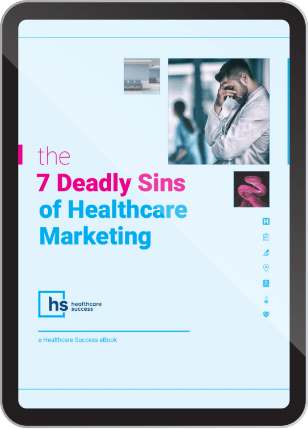[PODCAST] The Secret to Better Care in the Changing World of Healthcare

Dr. Richard Park, CEO CityMD
Running any healthcare organization comes with a number of challenges and obstacles. But CityMD, a large chain of urgent care centers in New York, has found a way to expand to 100+ locations without sacrificing care and compassion. In fact, as Richard Park, MD, CEO and Founder of CityMD tells me in today’s podcast, care is exactly what you need to stay ahead.
I was thrilled to speak with Dr. Park ahead of his panel discussion at SHSMD 2018, “The Future of Primary Care: New Models, New Incentives, and New Players.” Check out the podcast below, or keep reading for insights from our discussion.
Going Back to the Basics of Care
Dr. Park told me an amazing story about a time when, as a child, he fell off a slide and broke his tailbone. He’d been too worried to tell his father about the severity of his injury because he didn’t want to burden his parents with the cost of treatment.
When his injury was discovered to be quite severe, his father took him to a doctor who was a friend of a friend, Dr. Kim. At some point, Dr. Kim took Dr. Park’s father aside to tell him not to worry about the cost of the visit—it was free.
This doctor helped out Dr. Park’s family in a way he would never forget. Today, Dr. Park is still in touch with Dr. Kim, who’s become a family friend. However, when asked if he remembered that momentous day in Dr. Park’s childhood, Dr. Kim said he had no recollection.
These acts of kindness were something Dr. Kim did for struggling families every day. “That’s what a doctor does—cares and has compassion. What for him was every day, for me was something I’ll never forget.” In fact, it’s something that’s helped guide his approach to caring for patients ever since.
Challenges and Obstacles to Providing Great Care
The basics of care—the kindness and compassion Dr. Kim showed to Dr. Park’s family—have these become lost? The world of healthcare is constantly changing and evolving. We discussed some of the challenges doctors face today.
- There’s been a huge demographic shift, and millennials now make up the majority of the workforce. They are tech savvy and have a lot of information at their fingertips, and they’re used to a higher standard.
- In many areas, there are fewer primary care doctors meeting these demands.
- There’s a lot of competition in healthcare today, and it can be tough to keep up.
- Patients have difficulty navigating the healthcare system.
- We’re not spending enough money on healthcare.
- Physician burnout is a real thing, and it’s caused a change in the provider landscape that gets in the way of providing great care.
- While some areas have an excess of providers available, there’s a dearth in other areas.
What Patients Want
CityMD has been working to break through obstacles and help patients overcome challenges to receiving care, ever since Dr. Park opened his first urgent care location in 2005. At the time, he would give out his personal cell phone number. That’s how he discovered that he really enjoyed the continuity of care aspect of running a practice.
It turned out that patients needed a lot of help navigating the healthcare system. Patients would come in for a sprained ankle or a sore throat, and call two years later asking for recommendations for their mom’s cancer treatment.
“So here I am, an urgent care doctor, in emergency medicine no less, and patients are asking for advice. How do you scale that trust and sort of Sherpa this patient through the healthcare maze?”
Dr. Park says this is what has guided CityMD’s approach to providing care both during and after a visit. “I think back to the patients that called me, an urgent care doctor, not even their primary care doctor, and asked for advice. I think patients feel lost and they’re flailing about how to get care.”
“What patients want,” Park believes, “is less complicated systems, number one, and number two, they want value.”
Related: 6 Simple Ways to Improve Patient Experience
A Continuity of Care
CityMD developed its Aftercare system in response to these patient needs. The Aftercare program helps patients to navigate the complicated healthcare system and see value from their investment in their health.
Dr. Park describes the Aftercare program quite simply as “care after the patient leaves the office. It turns out there are so many loose ends that need to be tied up.” And patients aren’t sure where to go.
If an injury is not getting better, or if someone has questions and needs a consult, they can call Aftercare to get questions answered or to get a referral.
Dr. Park describes these as “encounters” that connect patients back to primary care. Getting patients in the right place helps ensure they continue to get the care they need long after they leave.
The Patient Experience in Marketing
Today, there’s a higher standard in patient care, and too many healthcare organizations are struggling to meet it. “The sooner healthcare realizes and catches up with that and understands that better,” Dr. Park says, “the more influence we can have over patients to get them to the right place and do better for them.”
Dr. Park believes that meeting these higher standards is part of what drives CityMD’s word-of-mouth reputation. While CityMD invests in other forms of marketing and advertising, “the patient experience is really the last bastion of marketing”
Dr. Park says that CityMD is aligned with the patient’s needs first, the payer’s needs second, and the healthcare provider partners third. Care always comes first and foremost--it’s what doctors commit to when they enter the field of medicine.
All in all, “The secret to better care,” he says, “is caring more.”
About Dr. Richard Park, CEO & Founder of CityMD
Dr. Richard Park is founder and chief executive officer of CityMD, the leading urgent care provider in the New York Metro Area and Seattle, Washington. He is board-certified in emergency medicine and completed his medical studies at Albert Einstein College of Medicine in New York. Dr. Park studied emergency medicine in the Long Island Jewish Medical Center's residency program, where he served as chief resident. He then worked as the Associate Program Director of the residency program in NS-LIJ's emergency department and was awarded the Teaching Attending of the Year Award by his residents in 2003, 2004, 2005 and 2006. Dr. Park was recognized as an expert educator, receiving a system-wide award in 2007. He then taught in the "Teach the Teacher" fellowship program.
Dr. Park is the author and co-editor-in-chief of McGraw-Hill's Intensive Review of Emergency Medicine. He also educates both residents and attending physicians as the co-director of the NS-LIJ's Manhattan Board Review for Emergency Medicine. Dr. Park holds expertise in all facets of urgent care delivery and operation. His unparalleled education combined with his vision for delivering highly accessible, top-quality medical care has made CityMD the largest urgent care network in the New York Metro Area. Dr. Park lives on Long Island with his wife and two children.








